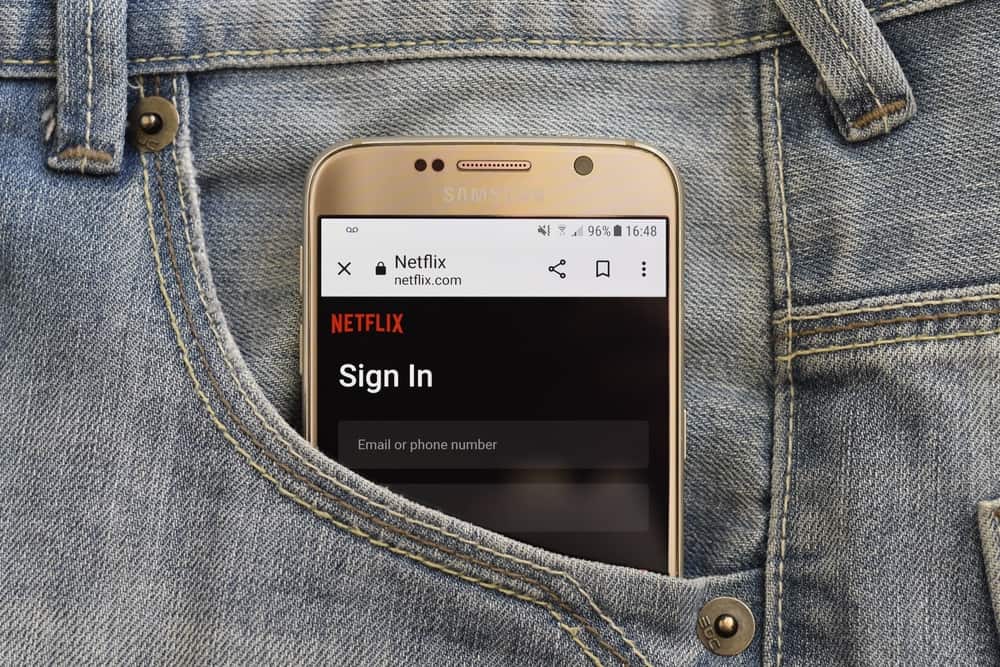Things That Happened in the Internet Industry in December

While the holidays persuaded us to go offline, December had some noteworthy developments in the internet industry. A quick sneak peek: AT&T decided to launch a fiber services joint venture, the Federal Communications Commission (FCC) decided to streamline satellite applications, and there was legislation to ban TikTok. If you’re curious to learn more about these events, here are six things that happened in the internet industry in December.
AT&T and BlackRock to Form a Joint-Venture Fiber Services Provider
AT&T and BlackRock have signed an agreement to form a joint venture named Gigapower, which will operate an extensive fiber platform for commercial customers. The joint venture will allow Gigapower to provide a best-in-class fiber network to businesses across the U.S. and is set to provide high-speed internet to customers outside of AT&T‘s traditional 21-state wireline service. Gigapower will also offer its services to other internet service providers (ISPs) as it plans to become a wholesale fiber services provider.
The first phase of the joint venture is to deploy a multi-gig fiber network to 1.5 million commercial customers, adding to the existing 30 million-plus fiber locations offered by AT&T. One of the goals of Gigapower is to bridge the digital divide by providing fast and secure internet to those who don’t have access to it.
Satellite Applications Proceedings to Be Expedited

The FCC launched proceedings to expedite its processes for satellite applications. Recently, the FCC has received an unprecedented number of applications for services and systems that mark the start of the new space age. All the applications have to be reviewed for compliance with commission rules. The high number of applications and sluggish processing has resulted in a massive backlog. The FCC’s decision to streamline its processes will help shorten the application processing time. The FCC expects to update its procedures and rules further to ensure it can handle the space economy boom.
Bipartisan Legislation to Ban TikTok
Lawmakers unveiled a bipartisan bill aimed at banning TikTok in the U.S. This follows years of concern across the U.S. government about potential Chinese influence on TikTok. The social media platform has been gaining popularity in the states, almost tripling its number of subscribers between 2019 and 2022. As of the third quarter of 2022, TikTok had over 1.5 billion active users around the globe, with over 3 billion app downloads. Over 1 billion videos are watched on TikTok every day. The threat of the TikTok ban has already given rise to competitors in the market.
FCC Commissioner Brendan Carr applauded the introduction of the new legislation, saying that there’s now widespread consensus in the U.S. that TikTok is a risk to the privacy of millions of Americans and national security. There is apprehension that the app’s data is available to the ruling Chinese Communist Party (CCP).
FCC Announces Emergency Connectivity Funding
On Dec. 7, 2022, the FCC announced nearly $54 million in emergency connectivity funding for schools and libraries. The funding extends support to over 150,000 students across the U.S. in approximately 100 schools. This funding will help the FCC get closer to its goal of closing the “homework gap.” The funding can be used for off-campus learning, such as nightly homework, so that students have all the necessary means to keep up with their education. So far, the FCC has committed more than $6.4 billion to over 10,000 schools as part of the Emergency Connectivity Program.
Netflix to End Password Sharing

If you haven’t heard by now, Netflix announced the end of password sharing as part of its plans for 2023. The streaming service provider will set up systems to stop subscribers from sharing passwords with devices outside their homes. While this helps reduce the stress on network bandwidth, it’s likely going to reduce Netflix’s revenue and subscriber base. This change might see a rise in the use of VPNs, with which customers can hide their actual IP address or get a static IP address across multiple devices to circumvent the restrictions.
FCC Commissioner Proposes Mandatory Security Updates
Nathan Simington, one of the FCC commissioners, proposed that it should be mandatory for electronic device manufacturers to issue firmware or software updates to patch any security flaws in their devices. This proposal comes weeks after the FCC banned certain Chinese communication equipment from being used in the U.S. market. Simgington’s proposal indicates that the FCC could further assert its authority over equipment to regulate the U.S. telecom market. According to Simington, the communication equipment that’s being banned isn’t only risky for the data and privacy of end users, but it can potentially be a national security threat.